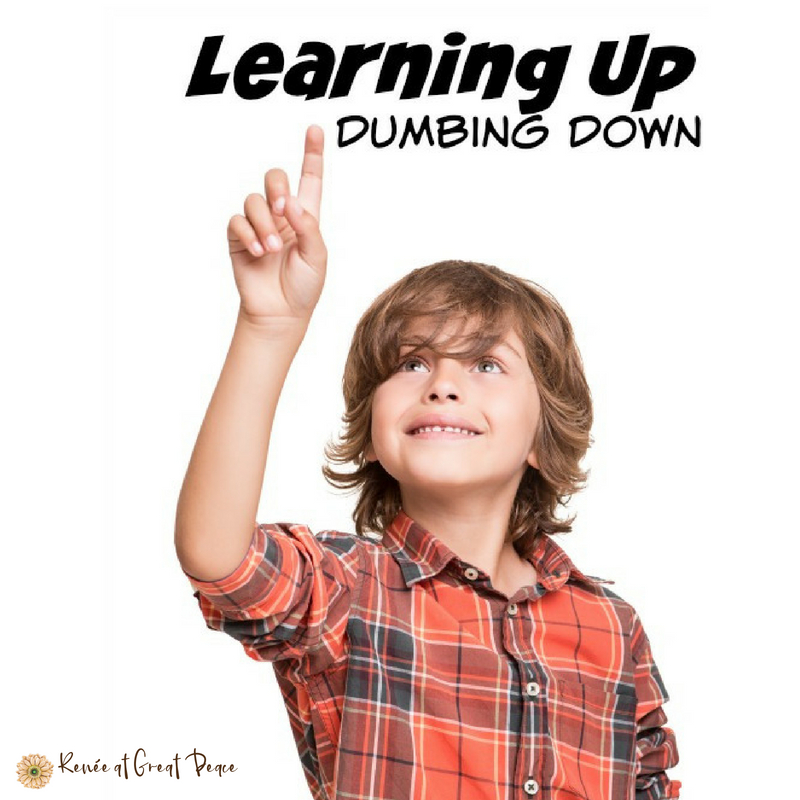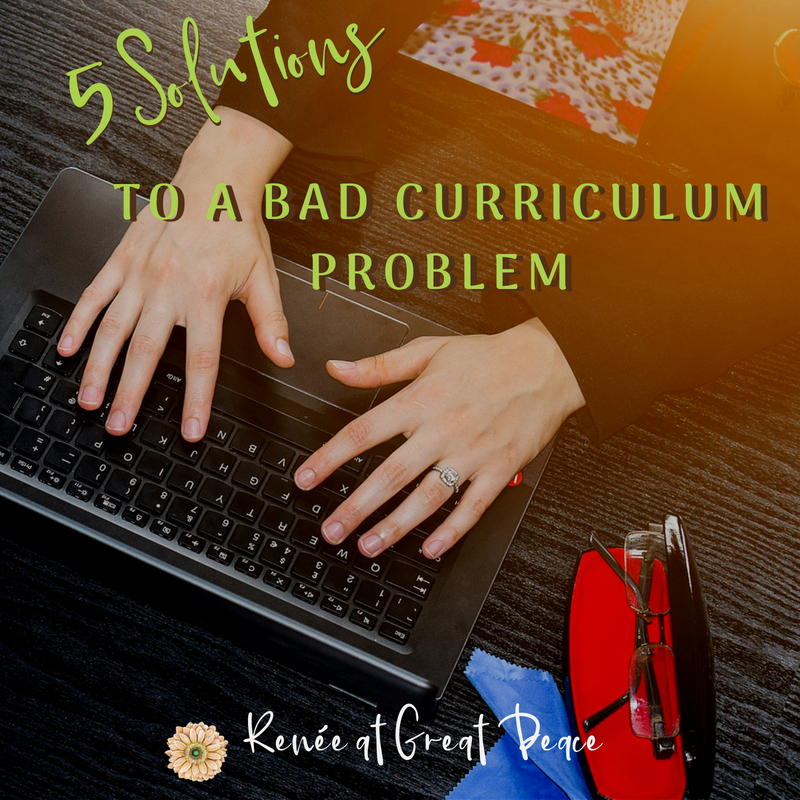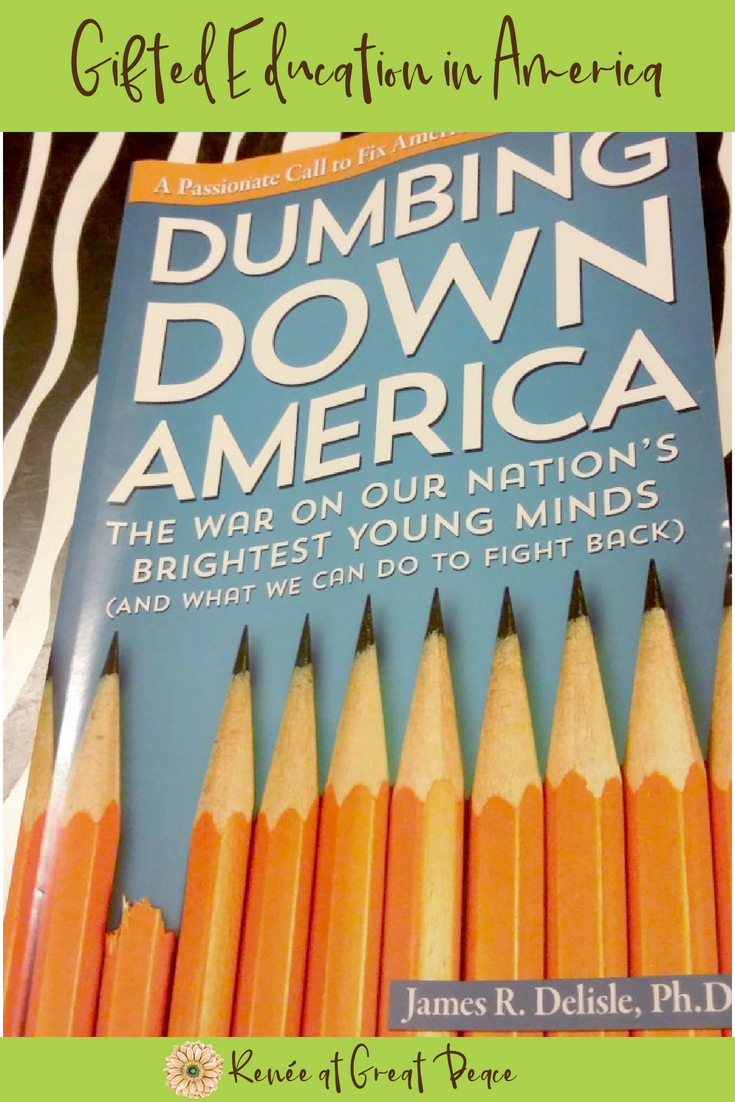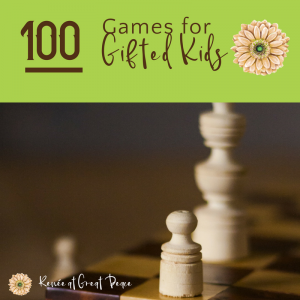
Gifted Education in America
Have you ever wondered about gifted education in America? Do you wonder if gifted children are being given the right kind of opportunities? Are they being led toward careers that can change the world?

“Why are you trying to push him ahead? Just let him be a kid.”
This is a phrase I’ve heard on several occasions. Perhaps well-meaning, they miss the reality of who my child is and only see the scope of education through their own perspective. It seems reasonable to think that if a parent were requiring a child to work at levels far ahead of their abilities and expecting them to perform some task, some expectation of greatness that is too difficult for the child then that would be “pushing.”
But what if the opposite were true. What if a child, like mine, has abilities that are far greater than the parent expects of them? What if they have talents that show in ages that are unexpected? What if the child is asking, repeatedly, for more and more and more, but the parent just continuously denies them the opportunities to learn and grow beyond where the parent expects them to be? Wouldn’t that be, perhaps, stifling?
Yet, this is exactly what happens in our American society, especially in educational centers. Students are expected to function at the same level based upon age alone, regardless of the abilities they have. Whether a child is learning challenged or learning enabled, expecting the same performance regardless of ability is an unrealistic expectation.
Recently, I overhead a professional teacher speaking about a student whom she knew. She stated, “When you’re dealing with a child who is learning at this level (had raised up indicating a high level), they only have so far up they can go.” When I heard this, even though she wasn’t referencing my son, I was stunned to think that anyone, let alone an educator, would think that there are limits to learning.
Since when is learning all about moving up to a perceived attainable level? Shouldn’t learning be a digging deep to discover something new, to open wide the gates and freely explore thought and rationale? Isn’t learning supposed to be about gaining knowledge or skill? Why then would there be limits on how much one can learn?
Gifted Education in America
Review of Dumbing Down America, The War on Our Nation’s Brightest Minds
This review post contains affiliate sales links. I received this book for free in exchange for an honest opinion of my book. All opinions expressed are my own and I was not required to write a positive review.
In his book, Dumbing Down America, Dr. James R. Delisle, shares great insight as to why this is so. He reviews the history of gifted education in America and the reasons why there is a lack of understanding.
Throughout the book you will find compelling accounts that put into perspective the reality of how the gifted child is at a true disadvantage in our country. It’s through the lenses of actual stories that we can begin to see that there is an expectation that a gifted child will be fine regardless of learning opportunities given. Yet, the reality is quite the opposite.
Dr. Delisle precisely and succinctly demonstrates how we should be helping these uniquely enabled children in order to help our society as a whole. It is the minds of such individuals that can open wide doors which were once closed, access galaxies unexplored, and shed light upon art yet to be painted, stories yet to be told and ideas yet to be generated.
“When did the tide turn in our educational philosophies and practices so that instead of reaching out to gifted children and giving them a boost up, we squelch their abilities by having them underline nouns and verbs instead of seeking out King Arthur or Huck Finn?” — Dr. James Delisle, Dumbing Down America, pg. 56.
How Gifted Education in America Needs a Change in Philosophy
Throughout the book, he examines educational policies, programs and philosophies and their bearing upon how gifted education is lacking. It’s through this scope of examination that we begin to see that more legislation isn’t the answer. Rather, a change in the overall educational philosophy of our society is necessary to show that not all children are equally able.
You can find it here, Dumbing Down America, at Amazon.
Learning shouldn’t be about moving up, it should be about encompassing knowledge, widely, deeply, and as high as we can reach within a lifetime. {Tweet That}
Then, we should pass on that knowledge so those who come behind us will benefit from insights gained .
What do you think? Is there a dumbing down philosophy in American education? Share your thoughts in comments.

This post is part of the iHN Massive Guide to Homeschool Reading Lists.
You May Also Enjoy














2 Comments
Kathy Carter
Renee,
I am so thankful the Lord put you in my pathway a few years ago. I follow you closely, and embrace your posts with a heart that lives out the reality of the challenges, and struggles of a gifted child. The ability for others to grasp anything other than a value judgement when I say the word, “gifted” has been a truth I often encounter in conversation. Often people see this word as a measure of my value of my child. While all children are valuable and gifts from the Lord, not every child is gifted. I am not saying my child is special, chosen above another, or perfect by any means, just that he is a voracious learner, and needs a pace above the average classroom for his age.
As we embrace the summer months with less routine and structure, I recently asked our son, ” What relaxes you. What can we employ into our day that gives you a sense of inner peace, relaxation.” His immediate response was “LEARNING”… May I just say… “MY Heart Is Full!
I know you understand…
Renee
Kathy, I’m so glad you commented! I love hearing that these posts are helpful to others.
This statement; “The ability for others to grasp anything other than a value judgement when I say the word, “gifted” has been a truth I often encounter in conversation.” can be SO difficult. But, isnt it funny how others celebrate physcial talent in football, or soccer, baseball, etc., but to celebrate voracity in learning puts others on edge.
My son is the same way! He’d much rather do math all summer long than hang out at the pool.